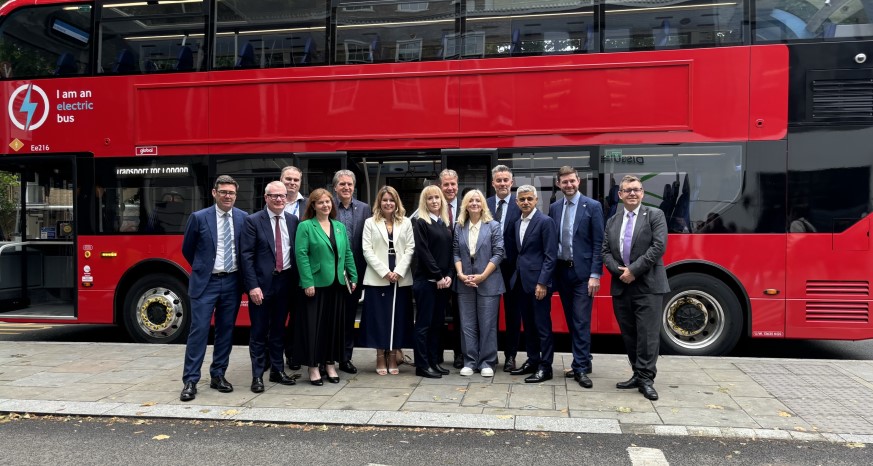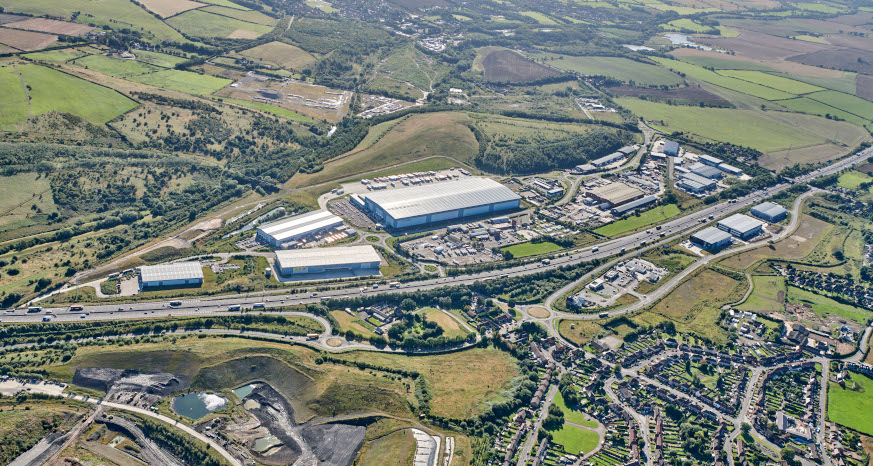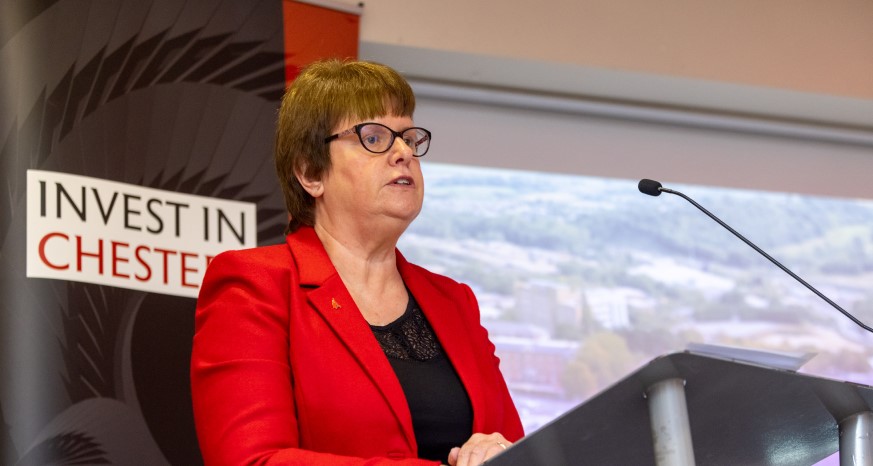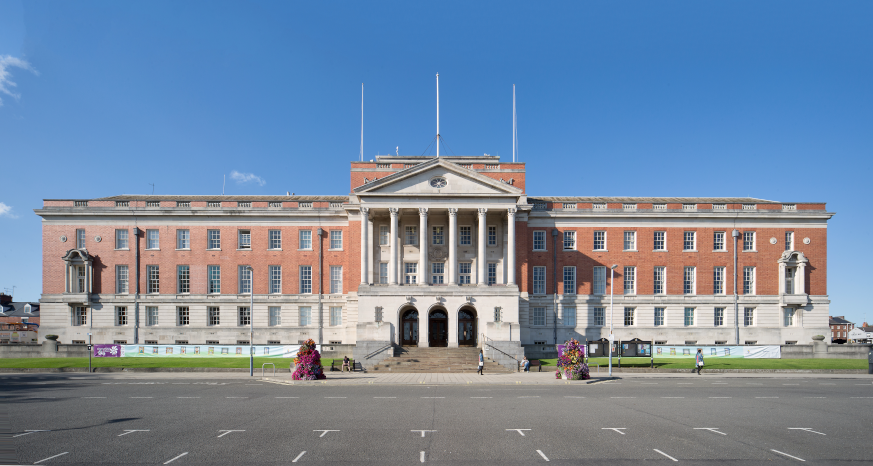A new regional approach to delivering a thriving visitor economy across the East Midlands is set to be developed.
In a meeting on Monday 4 November, the East Midlands Combined County Authority (EMCCA) Board agreed funding of up to £60k to support the joint work of the region’s two Local Visitor Economy Partnerships (LVEPs) to develop a Destination Management Plan for the EMCCA region to add value, strengthen collaboration and avoid duplication.
The approach agreed by the Board focuses on three core elements to boost the visitor economy:
- By promoting our place and products to deliver enhanced profile, greater reach and more visitors.
- By developing the offer, working with our stakeholders to improve and increase, for example, hotel accommodation and live venue, conference facilities etc
- By realising the value of the sector, showing the wider benefits to our region over and above the contribution to our economy.
Mayor of the East Midlands, Claire Ward, has begun a series of engagement events in order to hear directly from key organisations across the sector.
This has included a Derby and Derbyshire-focused meeting hosted by the Devonshire Group at Chatsworth House, an Arts Council-led event in Chesterfield, bringing together representatives from across the culture and heritage sectors, and a Nottingham and Nottinghamshire-focused event hosted at the National Civil War Centre in Newark.
These events provided valuable feedback regarding the challenges and opportunities for organisations in the sector.
There are now two Local Visitor Economy Partnerships (LVEPs) that cover the whole of the EMCCA area, Visit Nottinghamshire and Visit Peak District, Derbyshire and Derby and they are both formally accredited by Visit England. They will work with EMCCA to develop a strategic vision for the region, highlighting all the fundamentals of making our destinations thrive, while supporting local businesses.
The tourism/visitor economy makes a significant contribution to our economy, worth around £5.25bn in 2023 and supporting around 52,000 jobs. The aim is to take up numerous opportunities to grow the value of the sector, both in terms of direct economic impact and wider benefits that support EMCCA’s inclusive growth objectives.
Mayor of the East Midlands, Claire Ward, said: “The Visitor Economy is one of my key priorities because it matters everywhere: to our cities, our market towns, and our rural areas alike.
“This is a vital agenda for the whole region and I’m delighted to lead and strengthen collaboration with our regional partners. Our joined up Destination Management Plan means that we can have more impact, and improve our offer for visitors, residents and grow our economy.”
Jo Dilley of the of the Visit Peak District, Derbyshire and Derby LVEP said: “We’re delighted that East Midlands Combined County Authority (EMCCA) recognises the importance of the visitor economy, which is worth £2.89bn to the Peak District and Derbyshire, and are pleased to be working in partnership with Visit Nottinghamshire on joined-up Destination Management Plans that will benefit the entire East Midlands region.
“The visitor economy is a sector that can drive positive change across local communities, providing jobs, boosting investment, and supporting the development of vital infrastructure. By working collaboratively and creating a strong partnership across the Combined Authority, we can offer efficiency of scale and growth for businesses, amplifying key assets across national and international markets. Together, we can deliver a sustainable strategy that provides a strong foundation for the sector’s future growth.”
VisitEngland Director Andrew Stokes commented: “It is great to see these two Local Visitor Economy Partnerships (LVEPs) working in collaboration to support sustainable growth in tourism and investment in the East Midlands. The local visitor economy will benefit from this joint and stronger regional alignment.
“VisitEngland will continue to work with Visit Peak District, Derbyshire & Derby and Visit Nottinghamshire LVEPs as they develop their collective Destination Management Plan with our expert guidance and resources in areas from product distribution, accessibility and sustainability to business support, funding bids and marketing.”
At the meeting, Board members emphasised the value of the visitor economy and the opportunity we have to grow this. There are great assets already across our area, and by joining up our efforts we can promote an offer that persuades people to visit for longer, spending more in our region and going home having had a great experience and promoting our region.
The Board also noted the vital contribution that will be made by areas such as transport and skills, for which EMCCA is becoming responsible, and the opportunity we now have to make sure our spending and delivery in those areas helps our visitor economy thrive, through promoting the value of jobs and careers in the sector, working with providers to develop a skilled workforce, and helping improve transport connectivity for visitors and those working in the sector.
Visit Chesterfield for a great day out or to stay. Find out more at: https://www.chesterfield.co.uk/visiting/









